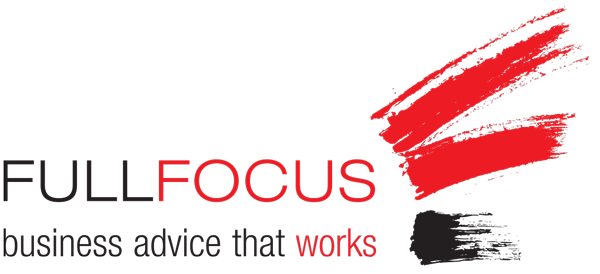 Starting a family business is usually straightforward. But it can become complex to manage and complicated to exit. Conflicts over debt and other relationship issues are often the central cause.
Starting a family business is usually straightforward. But it can become complex to manage and complicated to exit. Conflicts over debt and other relationship issues are often the central cause.
Failures can occur in any family-owned business. When they do, it’s often traced back to friction within family members. Family often treat each other with less respect than a complete stranger. This leads to anger, hurt and resentment. It can cause a complete breakdown in communication. Getting caught up in this kind of emotional dynamics is a problem. It can often be at the expense of logical decision-making.
It’s not hard to recognise the typical signs of problems in a business. It could be poor cash-flow, a declining balance sheet or a drop in profitability. At this point the business owner can, and often does, seek the help of an expert. This could be an accountant or marketing specialist. Someone who can assist and in these specific areas. But what of the family issues that are destroying the business? They are not so easily addressed and many are reluctant to seek help or handle these areas.
Confronting Family Dynamics
Dealing with issues in the family business requires various things. It’s more than signing documents in the right way and making sure the numbers stack up. There’s a level of transparency and emotional wisdom needed that can be hard to meet. It’s even harder to hold on to it when things aren’t going right. Confronting family dynamics is challenging. Often one of the first casualties is the ability to think clearly.
Common Causes of Conflict
Many things can affect the sustainability of a family business. But if you dig deeper than the numbers there are some fundamental issues. These issues can make or break any family business:
1. Ownership
We no longer have the rules of the past where handing down of businesses, assets etc was straight forward. It went to the eldest son. In today’s society we realise the eldest son may not be the best person for the job. He may not want it either! Handing over the family business can become a minefield. It’s about as sensitive as it gets. It can cause significant conflict and upset between any and all family members. It’s often hard to achieve an outcome that everyone thinks is fair.
2. Control
There may be family members with significant shares in the business but not working in it. They may view family members working in the business as plunderers of their legacy.
At the same time there are family members who do work in the business. They may view those who don’t work in the business as freeloaders. The resentment this causes is detrimental to the effective ownership of the business. The question of who has control represents a crucial decision.
3. Jealousy
There are many combined emotions facing the family when they work together. Envy, though, can be very destructive and is often a major contributing factor to conflict.
There are ways to ensure a more effective outcome for both the family and the business. This could include understanding individual expectations and keeping difficult subjects on the table. One of the most crucial things is to keep dialogue transparent.
4. Governance
Regardless of how well the family gets along, any number of things could trigger conflict. This could be old rivalries, new in-laws or something completely unexpected. What can work is to develop a governance system to direct and control the business. This will help to reduce the risk of resentment and tension.
A governance system will, among other things –
- Provide clarity on roles, rights and responsibilities of all stakeholders, including family.
- Get the right people together at the right time, to discuss the right things.
- Provide a means to resolve differences and minimise conflict.
Getting Help
When there’s conflict in a family business most problems are caused by individuals within in the family. The good news is they do have a say in the problem and they have the power to alter the outcome.
Achieving this may mean working with an expert. One who appreciates the dynamics of family businesses. This consultant must have a high level of skill and understanding of the family business. He or she must be ready to go the hard yards. This will ensure the best outcome for the family business and its key stakeholders.
Read our Free Special Report: How To Avoid The Family Business Battleground
